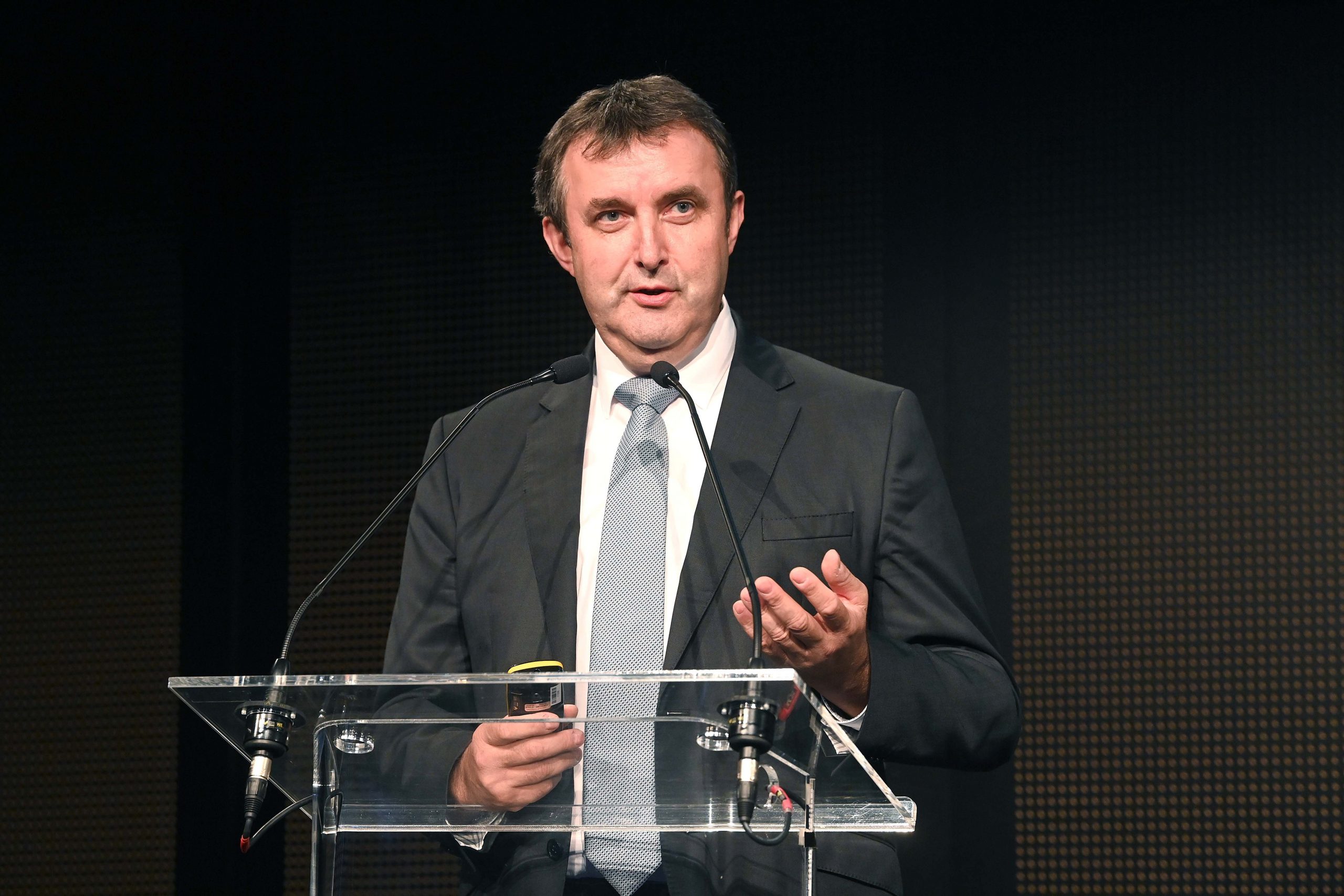
The government's official reasoning is to raise competitiveness and efficiency.Continue reading

Hungarian higher education has reached an “epochal turning point” thanks to the new foundational model covering a wider range of institutions, László Palkovics, the minister of innovation and technology, said on Saturday.
Addressing a ceremonial senate meeting of the University of Szeged, in southern Hungary, Palkovics said universities that have opted in to the new foundational model would benefit in a multiplicity of ways thanks to their enhanced institutional autonomy and funding predictability.
He noted that 21 universities have opted in to the new model and 65 percent of student applications have been made to a university operating under the new system. It is anticipated that seven out of ten students will study at such institutions, he added.
Palkovics said Hungary had never before spent as much on its universities as it did today. The government in 2022 will spend 1.7 percent of GDP on higher education as opposed to the EU average of 0.8 percent, he added.
Bids totalling 2,700 billion forints (EUR 7.8bn) for developments submitted by the universities will be fully covered by the state’s coffers, the minister said.
Palkovics noted that this year 11 percent more people applied for a place in higher education than last year, while by 2020 the number of foreign students had grown by 65 percent from 2013.
Featured photo by Noémi Bruzák/MTI